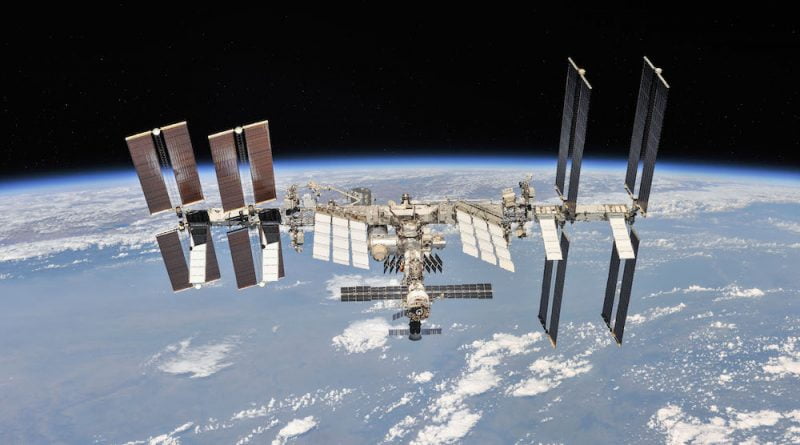Space law hasn’t been changed since 1967
[ad_1]
Space is militarized, conflict is possible
Space has been used for military purposes since Germany’s first V2 rocket launch in 1942.
Many early satellites, GPS technology, a Soviet Space Station and even NASA’s space shuttle were all either explicitly developed for or have been used for military purposes.
With increasing commercialization, the lines between military and civilian uses of space are less blurry. Most people are able to identify terrestrial benefits of satellites like weather forecasts, climate monitoring and internet connectivity but are unaware that they also increase agricultural yields and monitor human rights violations. The rush to develop a new space economy based on activities in and around Earth and the Moon suggests that humanity’s economic dependence on space will only increase.
However, satellites that provide terrestrial benefits could or already do serve military functions as well. We are forced to conclude that the lines between military and civilian uses remain sufficiently indistinct to make a potential conflict more likely than not. Growing commercial operations will also provide opportunities for disputes over operational zones to provoke governmental military responses.
Military testing
While there has not yet been any direct military conflict in space, there has been an escalation of efforts by nations to prove their military prowess in and around space. Russia’s test is only the most recent example. In 2007, China tested an anti-satellite weapon and created an enormous debris cloud that is still causing problems. The International Space Station had to dodge a piece from that Chinese test as recently as Nov. 10, 2021.
Similar demonstrations by the U.S. and India were far less destructive in terms of creating debris, but they were no more welcomed by the international community.
The new U.N. resolution is important because it sets in motion the development of new norms, rules and principles of responsible behavior. Properly executed, this could go a long way toward providing the guardrails needed to prevent conflict in space.
From guidelines to enforcement
The U.N. Committee on the Peaceful Uses of Outer Space has been addressing space activities since 1959.
However, the remit of the 95-member committee is to promote international cooperation and study legal problems arising from the exploration of outer space. It lacks any ability to enforce the principles and guidelines set forth in the 1967 Outer Space Treaty or even to compel actors into negotiations.
The U.N. resolution from November 2021 requires the newly created working group to meet two times a year in both 2022 and 2023. While this pace of activity is glacial compared with the speed of commercial space development, it is a major step in global space policy.
This article is republished from The Conversation under a Creative Commons license. Read the original article.
![]()
[ad_2]
Original Post


2,080 thoughts on “Space law hasn’t been changed since 1967”